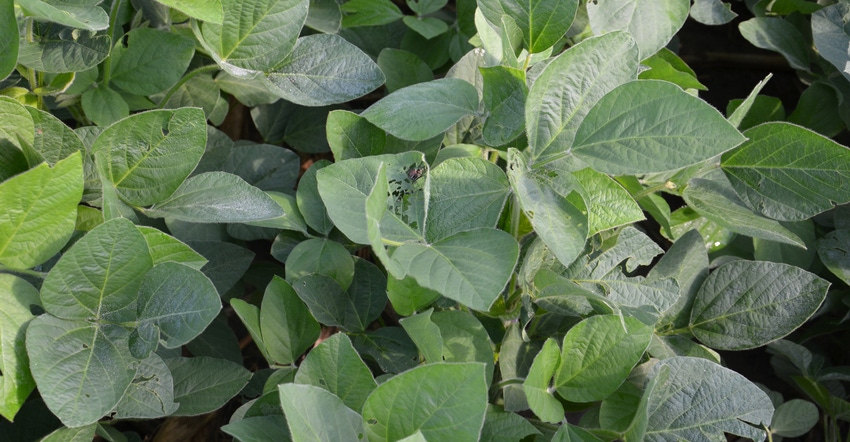
My fertilizer dealer wants to take soil tests before planting to see if I need sulfur. Is this a good idea? If not, should I just ignore him?
The Indiana certified crop advisers panel this month includes: Gene Flaningam, Flaningam Ag Consulting LLC, Vincennes; Greg Kneubuhler, G&K Concepts, Harlan; and Tom Stein, manager of the Templeton and Boswell branches for Ceres Solutions Cooperative.
Flaningam: The return on investment for sulfur on soybeans depends primarily on soil types. Lighter soils will provide less available sulfur. High organic matter soils should provide more plant-available sulfur. Soil tests will vary according to the environment. Cool soils going into spring will test lower in sulfur. These cold soils haven’t had time to mineralize sulfur that may be in the soil yet. Fertilizer sources such as K-MAG, ammonium sulfate and elemental sulfur would all be a good source of sulfur for soybeans.
Kneubuhler: Sulfur is extremely important. It’s the fourth most-important nutrient behind nitrogen, phosphorus and potassium for soybeans. It helps form important enzymes and assists in formation of proteins. There are macronutrients and micronutrients. Sulfur is a macronutrient, which means it’s an essential mineral. It’s required for plants in low amounts. However, deficiencies can cause serious plant health problems.
Due to the Clean Air Act passed in 1990, we no longer get “free” sulfur from acid rains, which supplied most of our needed sulfur to crops. Since that time, we have essentially depleted all our available soil sulfur. Soil tests will certainly reveal if your sulfur levels are low or not.
We take thousands of soil samples each year, and virtually every one of them is low in sulfur today unless the grower has taken some action to put the sulfur back. Crops can and most likely will respond to sulfur due to depleted soils.
However, I would stress that understanding what sulfur you’re applying is very important. Plants only use sulfate sulfur (SO4) and not sulfur in the elemental form (S). If you make sulfur applications, I’d look to sulfate forms first like gypsum or AMS. Elemental sulfur must be converted to sulfate sulfur first. It is a long and acidifying process. Work with your CCA to best understand the differences in forms of sulfur, and which should work best for you.
Stein: A soil test is not a very good way to determine if you need sulfur. Sulfur is negatively charged and extremely mobile in the soil. A better determination of whether you need sulfur is the organic matter content of your soil in conjunction with tissue tests. Sulfur plays an important role in protein synthesis and aids in nodulation since nodules are high in protein. When it comes to sulfur deficiencies, soybeans rank third behind corn and alfalfa. Various factors make sulfur deficiencies more common today.
Deficiencies are more common on low organic matter, sandy soils because of their inability to supply adequate sulfur from mineralizing organic matter and losses due to leaching. Applications of sulfur on these soils may give you a good return on investment. However, many soils can supply enough sulfur from soil profile sulfate, crop residue and organic matter mineralization to meet crop requirements.
About the Author(s)
You May Also Like




